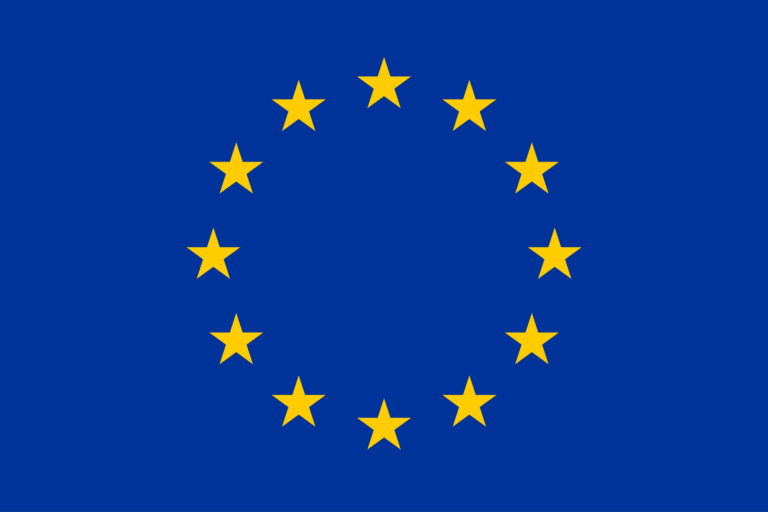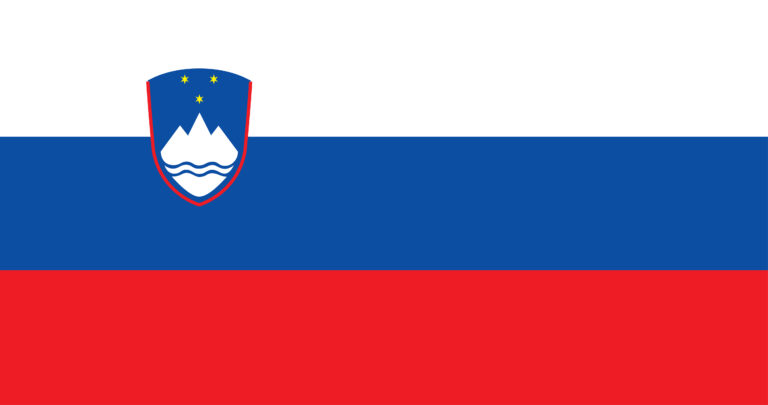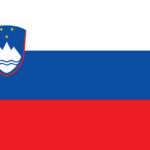Introduction: Understanding Physiotherapy Education in Ireland
Physiotherapy is a healthcare profession focused on improving and restoring physical function and mobility. In Ireland, the demand for qualified physiotherapists has been steadily growing, driven by an aging population, an increasing emphasis on physical rehabilitation, and the need for physiotherapists in sports, rehabilitation centers, and healthcare systems. To meet this demand, this country offers a well-structured and accredited Physiotherapy degree Ireland that prepares students to become skilled and competent physiotherapists.
A physiotherapy degree in Ireland is essential for anyone looking to pursue a successful career in the field. Graduating from an accredited program ensures that students receive a comprehensive education, adhering to the high standards set by professional bodies like the Irish Society of Chartered Physiotherapists (ISCP).

This ensures not only that graduates are qualified but also that they are prepared to work in a variety of healthcare environments.
Overview of Physiotherapy Degrees in Ireland
In Ireland, the standard route to becoming a physiotherapist is through a Bachelor of Science in Physiotherapy. This program typically spans 3 to 4 years and requires the completion of 180 to 240 ECTS credits. The program structure is designed to provide students with a well-rounded education, combining theoretical coursework with hands-on clinical training.
The curriculum covers a broad range of subjects, including anatomy, biomechanics, physiology, and clinical practices. In addition to lectures and seminars, students are required to complete a significant amount of clinical placement hours. These internships provide invaluable experience in hospitals, rehabilitation centers, and clinics, where students work alongside licensed professionals to develop their skills and competencies. This balance of theory and practice ensures that graduates are equipped with the knowledge and expertise needed to work effectively as physiotherapists in Ireland and abroad.
A key aspect of the program is its focus on evidence-based practice, ensuring that students are well-versed in the latest research and treatments in the field. By the end of the program, students are prepared to sit for the ISCP registration exam and pursue licensure to practice as physiotherapists.
Admission Requirements for Physiotherapy Degrees in Ireland
Admission to a physiotherapy program in Ireland is competitive, with strict entry requirements designed to ensure that only the most qualified candidates are accepted into the program. Generally, applicants must have completed secondary education with a focus on science subjects such as Biology and Chemistry, as these form the foundation of the physiotherapy curriculum. Some institutions may also require proficiency in Physics or other related subjects.
In addition to academic qualifications, applicants may be required to pass an entrance exam or undergo an interview as part of the selection process. These assessments evaluate the applicant’s academic abilities, commitment to the profession, and personal attributes that would make them suitable for a career in physiotherapy. While specific requirements may vary between institutions, it is essential for applicants to check the specific entry criteria of their chosen program.
For international students, demonstrating proficiency in the English language is essential. This is typically done through standardized tests such as IELTS or TOEFL, with minimum score requirements determined by individual universities. These tests ensure that students can effectively communicate with patients and staff throughout their clinical training and subsequent practice.
Physiotherapy Curriculum: What You’ll Learn
The physiotherapy curriculum in Ireland is designed to provide students with a solid foundation in both theoretical knowledge and practical application. The program spans several years, with a mix of core academic subjects and clinical practice. Key areas of study include anatomy, physiology, and biomechanics, which are fundamental to understanding the human body’s structure, function, and movement. These core subjects form the bedrock of physiotherapy education, ensuring that students develop a comprehensive understanding of the physical processes.
In addition to the core subjects, students engage in specialized courses that focus on different areas of physiotherapy practice. These include pediatric, sports, and neurological physiotherapy. These specialized subjects provide students with the knowledge and skills required to work with specific patient populations, such as children, athletes, and individuals with neurological disorders.
Practical Training and Internship Opportunities in Ireland
Practical training is a critical component of physiotherapy education in Ireland. Theoretical knowledge alone is insufficient for developing the skills required to treat patients effectively. As part of their degree, students are required to complete significant clinical training, which typically includes a series of internships across various healthcare settings. These internships are carefully structured to ensure that students gain hands-on experience in a variety of environments, including hospitals, rehabilitation centers, sports clinics, and private practices.
The physiotherapy internship in Ireland typically involves a minimum number of hours, often exceeding 1,000 hours over the course of the program. These hours are distributed across different settings to ensure that students are exposed to a wide range of patient types and treatment techniques. Internships allow students to apply their theoretical knowledge in real-world scenarios, working under the supervision of licensed physiotherapists. During these placements, students learn how to assess, diagnose, and treat patients, as well as manage patient care plans effectively.
The clinical training is structured to ensure that students are gradually introduced to more complex cases as they gain experience. Initially, students may work with less complex cases under close supervision. As they progress, they are given more autonomy and responsibility, handling more challenging cases and refining their clinical judgment and treatment strategies.
Through these practical training opportunities, students not only hone their technical skills but also develop key interpersonal skills such as communication, empathy, and teamwork—qualities that are vital for effective patient care.
Certification and Licensing in Ireland
After completing the required Bachelor of Science in Physiotherapy program in Ireland, graduates must obtain certification and register with the Irish Society of Chartered Physiotherapists (ISCP) to practice professionally. This registration is a legal requirement for physiotherapists in Ireland and ensures that practitioners meet the standards set by the professional body. Graduates must demonstrate that they have successfully completed their academic training, including the required clinical hours, and have passed the necessary assessments to confirm their competence.
Once registered, physiotherapists are legally recognized as qualified healthcare professionals and are permitted to work across various healthcare settings in Ireland. The ISCP also sets guidelines for professional conduct, ensuring that registered physiotherapists maintain high standards of practice in their clinical work.
Ongoing professional development is a key aspect of physiotherapy practice in Ireland. Registered physiotherapists are required to engage in continuous education and training to stay up to date with the latest research, treatment methodologies, and clinical advancements. The ISCP offers various programs and resources to support ongoing professional development, such as workshops, conferences, and online learning platforms.
Career Opportunities for Physiotherapists in Ireland
The demand for physiotherapists in Ireland is steadily increasing, providing a wide range of career opportunities for physiotherapy graduates. Public and private hospitals across Ireland offer employment opportunities, where physiotherapists play a crucial role in treating patients recovering from surgery, injuries, or illnesses. Rehabilitation clinics provide specialized services for patients with chronic conditions, neurological disorders, or musculoskeletal issues, offering another avenue for employment.
Physiotherapists also find opportunities in sports centers, where they assist athletes in recovering from injuries, managing chronic pain, and improving physical performance. In recent years, sports physiotherapy has become a prominent specialization, particularly with the increasing participation in both professional and recreational sports across Ireland.
Another growing sector is private practice. Many physiotherapists choose to set up their own clinics, offering specialized care to individual patients. In private practice, physiotherapists can work in areas such as musculoskeletal therapy, sports rehabilitation, or pediatric physiotherapy, giving them the flexibility to tailor their services to their areas of expertise and interest.

Furthermore, physiotherapists in Ireland have the opportunity to specialize in different areas of practice.
- Pediatric physiotherapy, for example, involves working with children to treat conditions such as developmental delays or musculoskeletal disorders.
- Geriatric physiotherapy focuses on treating older adults and addressing issues related to aging, such as mobility problems and age-related neurological conditions.
- Neurological physiotherapy deals with patients who have neurological conditions such as stroke, multiple sclerosis, or Parkinson’s disease, requiring specialized treatment methods.
Overall, physiotherapy job opportunities in Ireland are diverse and growing, providing graduates with the flexibility to choose a path that suits their interests and skills. The combination of a robust healthcare system and the increasing need for specialized care ensures that physiotherapists have excellent job prospects and career development opportunities throughout their professional lives.
Professional Standards and Ethical Guidelines in Physiotherapy
The Irish Society of Chartered Physiotherapists (ISCP) plays a pivotal role in maintaining high professional standards for physiotherapists in Ireland. As the national professional body, the ISCP ensures that all registered physiotherapists adhere to the rigorous guidelines and requirements set forth for clinical practice.
Ethical guidelines are fundamental in physiotherapy practice. The ISCP’s ethical framework focuses on respect for patients’ autonomy, confidentiality, and dignity, ensuring that all physiotherapists act with integrity and professionalism in every patient interaction. Adherence to these guidelines is essential for protecting the well-being of patients and fostering trust in the physiotherapy profession. Physiotherapists need to provide evidence-based treatments and avoid conflicts of interest that could compromise patient care. They must also respect cultural and individual differences.
In addition to the ethical guidelines, the professional standards in physiotherapy in Ireland emphasize the importance of continuing professional development and supervision. This ensures that physiotherapists stay current with advancements in clinical techniques and therapeutic practices. By adhering to these standards, physiotherapists not only maintain the credibility of their profession but also contribute to the overall improvement of healthcare services in Ireland.








